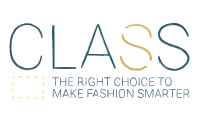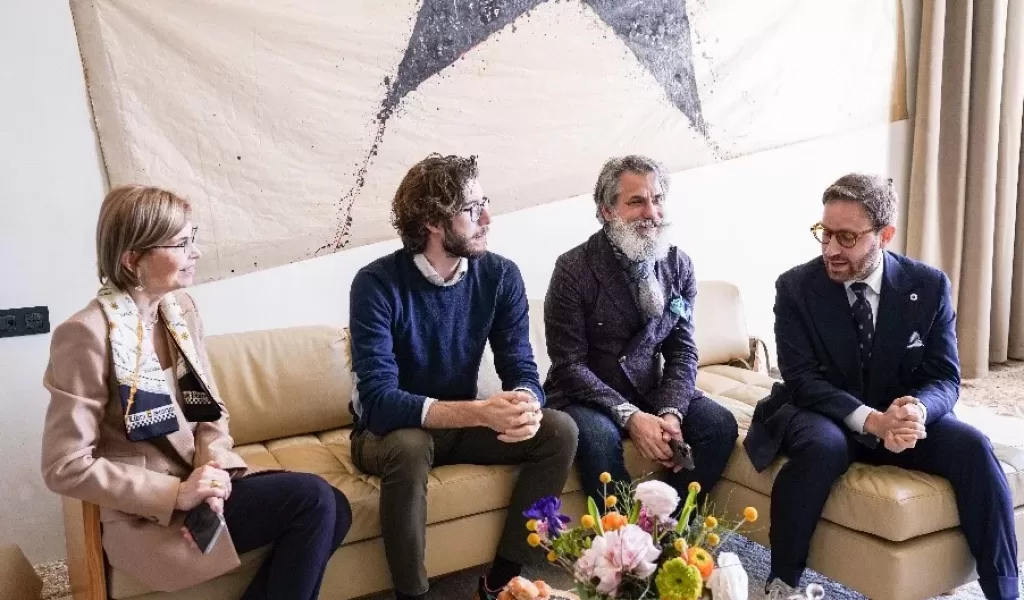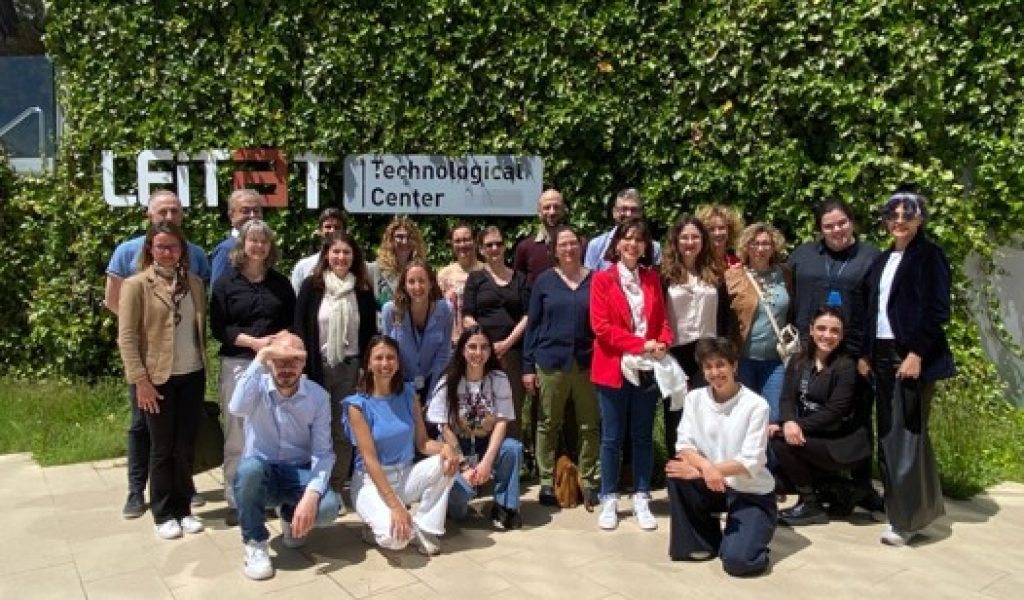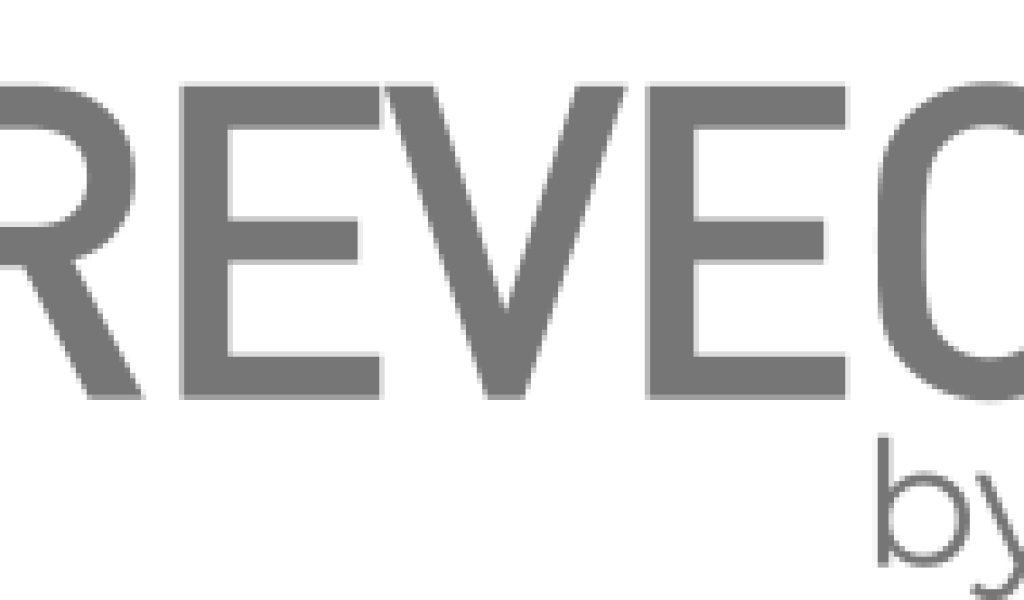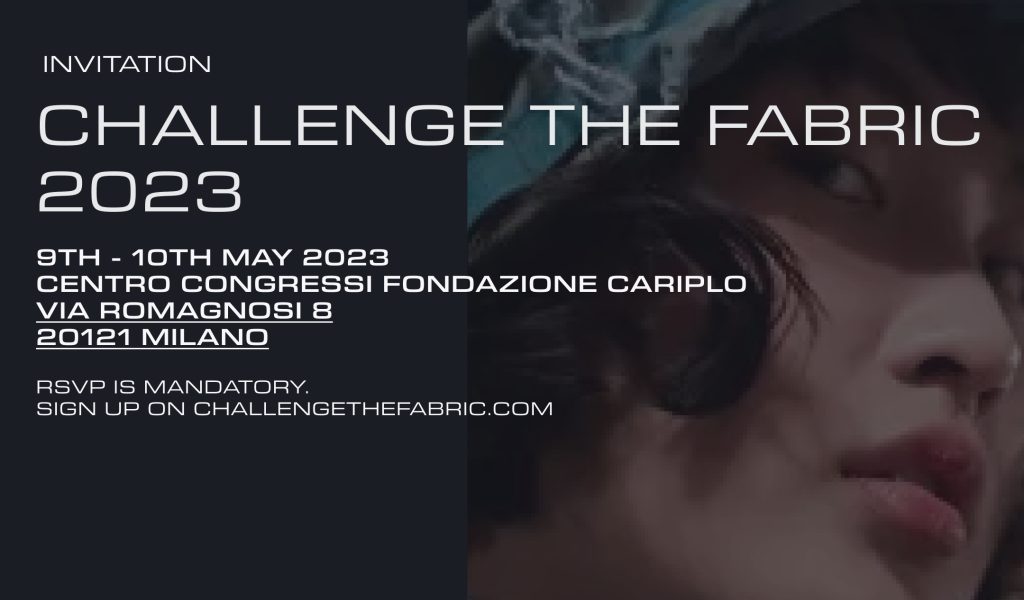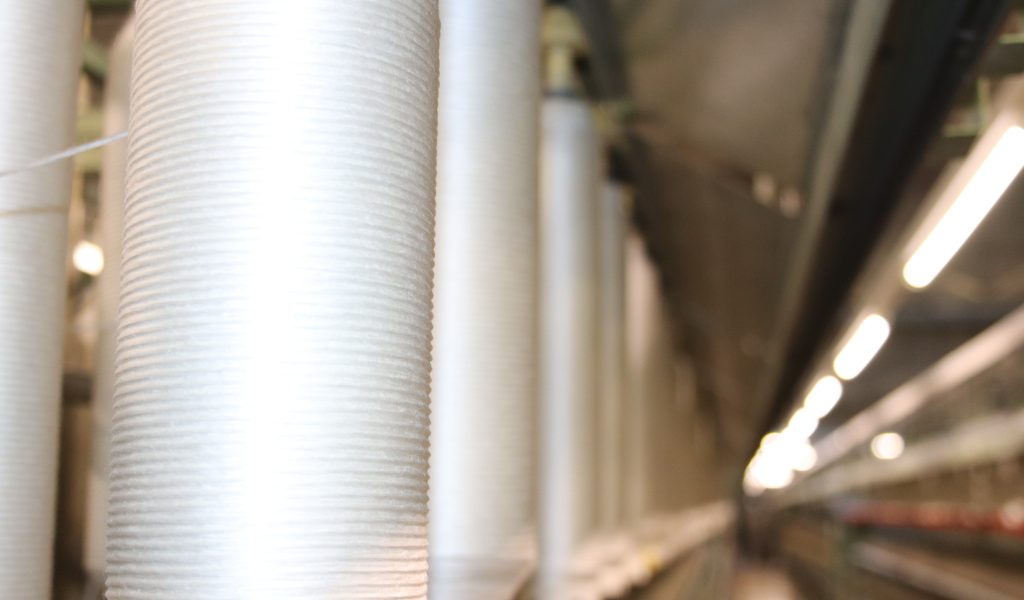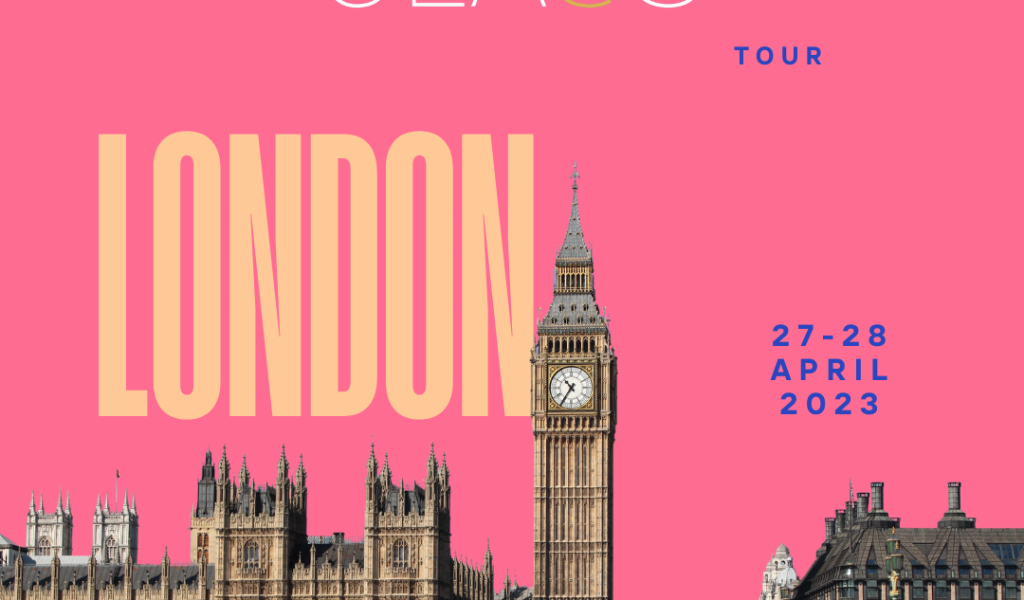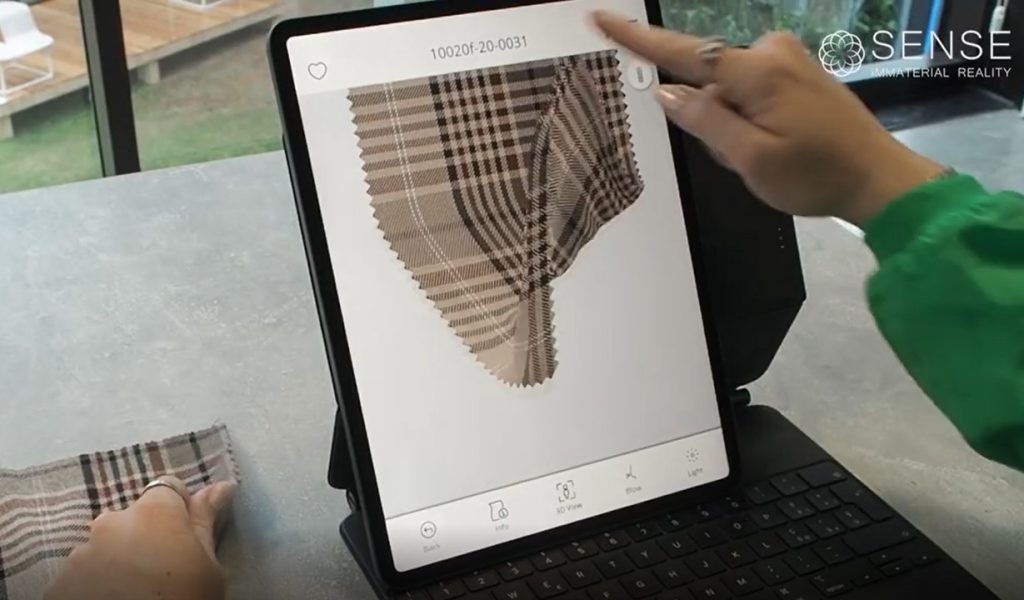In a groundbreaking development for the textile industry, C.L.A.S.S., an advocate for sustainable innovation, proudly highlights the achievements of its partner, ERCA Textile Chemical Solutions, with their latest innovation, REVE…
Menu
The Fashion Law Institute is the world’s first center dedicated to law and the business of fashion. We interviewed Jeff Trexler* after having met him in Milan in March 2013, to understand how the Institute is involved in the fashion industry and to discover possible synergies with CLASS.
*attorney and teacher of the course on Fashion Ethics, Sustainability and Development
Jeff Trexler and Susan ScafidiThe Fashion Law Institute is a nonprofit organization founded by Fordham Law School Professor Susan Scafidi with the support of Diane von Furstenberg and the Council of Fashion Designers of America. The Institute launched fashion law as a distinct legal field, which in turn has given rise to a growing international network of lawyers, law students and members of the fashion industry.
What kind of support does the Fashion Law Institute give, and to whom is directed?
The work of the Fashion Law Institute extends to all aspects of the fashion industry, from sourcing to sales and beyond. It offers training for law students, lawyers and members of the fashion community; provides legal services for design students and professionals; and makes available information and assistance on issues facing the fashion industry. Besides teaching a wide range of courses as part of the law school curriculum, the Institute presents many public programs, including panel discussions, an annual symposium, a pro bono clinic and Fashion Law Bootcamp, in which attorneys, law students, designers and models from all over the world come to New York for intensive instruction with Professor Scafidi.
Can you tell us an explicative case history, which can explain what kind of work you carry out?
Because clinic cases tend to involve confidential details, I’ll speak more generally about the sort of situations in which the Institute has been able to offer guidance. A number of designers come to the Institute with intellectual property issues, such as obtaining a trademark for a brand of clothing or jewelry. Designers have also come to the clinic for help on such matters as incorporation, finance, contracts and the new U.S. guidelines pertaining to sustainable fashion. Two of the more well-known public examples of Institute activities include its show at New York Fashion Week, which features designers from the clinic, and its help in forming The Model Alliance, a nonprofit organization dedicated to promoting the improvement of working conditions for fashion models.
Is it an international organization?
Fashion is a global industry, and the Fashion Law Institute (based in NYC) works with attorneys, students and members of the fashion industry all over the world. For example, Professor Scafidi and I recently spent ten days in Milan meeting with educators and lawyers and speaking on issues pertaining to Italian fashion industry, including sustainability. Seminars, courses, research projects – our international work includes everything that we do in the U.S. – and we’ve also been privileged to have many people come to the Institute in New York from other countries.
Let’s talk about sustainability: what do you think about this topic? Why you decided to meet CLASS and what synergies do you envisage between us?
I see sustainability as a core value in the fashion industry. Besides regularly offering a course in Fashion Ethics, Sustainability and Development, the Institute features issues pertaining to sustainability in its public programming and has also promoted the integration of sustainable design into shows at Fashion Week. Educational outreach, developing effective policies and standards, making new connections – there are a number of natural synergies as we work toward making sustainability an integral part of the fashion world.
Interview by Laura Molteni
Spiber Inc. with its “Brewed Protein™” materials is a game changer in the fashion industry
C.L.A.S.S. Material hub is our section dedicated to producers of innovative ingredients: fiber, yarn, fabri…
A project by Venezia da Vivere and a capsule collection made in Bemberg™ fabrics, designed by Tiziano Guardini with the illustrator Jacopo Ascari.
May 2023 – Bemberg™ by Asahi Kasei, the unique fiber ob…
The award, now in its third edition, was set up by Connecting Cultures and C.L.A.S.S. with the aim of creating new visual imagery and innovative communication models in sustainable fashion
“Grow Your Couture” by Piero D’angelo, th…
Our CEO and Founder Giusy Bettoni has been really pleased to attend the 2nd Stakeholder Advisory Board Meeting of the MY-FI project held in Barcelona on May 4th at Leitat Technological Center!
We had the chance to meet the project members a…
Today we are happy to introduce you our new partner in our PROcess x PROgress category: REVECOL® by ERCA
As demonstration of ERCA TCS’s commitment towards responsible innovation, but also thanks to the important appreciation of its R&…
C.L.A.S.S. has always been committed to fostering and activating positive change in the fashion industry, while keeping contemporary consumers informed. This approach is perfectly aligned with the one of Challenge the Fabric that…
C.L.A.S.S. Material hub is our section dedicated to producers of innovative ingredients: fiber, yarn, fabric, leather and accessories.
Today we are happy to introduce you our new partner:
Pozzi Electa S.p.A.Pozzi Electa…
C.L.A.S.S. Material hub is our section dedicated to producers of innovative ingredients: fiber, yarn, fabric, leather and accessories.
Today we are happy to introduce you our new partner: Marini Industrie.
Marini Indust…
ROICA™ V550: the first Degradable Stretch solution for a New Generation of Denim
April 2023 – The international eco-tech yarn innovator and manufacturer ROICA™ by Asahi Kasei leads the way in circular stretch inno…
Since 2007 we have been advocating for a new generation of fashion where the fusion of design, innovation, communication and responsibility shapes an informed and competitive business, able to play both at an economic and social level.…
C.L.A.S.S. Future Devices is our area reserved for the new frontiers of digital communication: from virtual reality and haptics to blockchain platforms.
Today we are happy to introduce you our new partner:
Sense – im…
